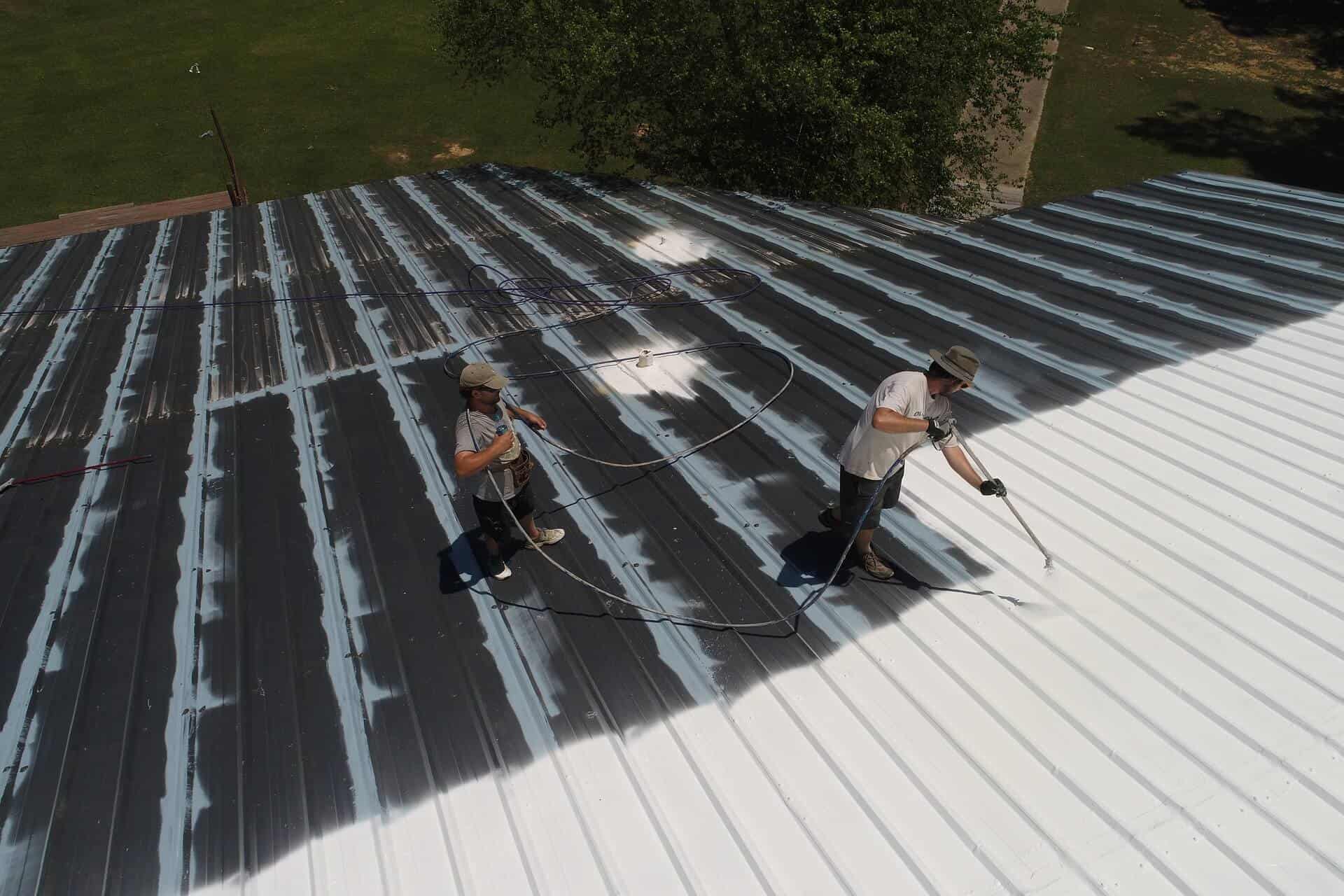A roof inspection is an intensive examination of a building's roof to evaluate its situation, establish any potential issues or harm, and decide whether upkeep, repairs, or replacements are needed. Roof inspections are sometimes performed by householders, skilled roofing contractors, or inspectors with experience in roofing systems. The major function of a roof inspection is to ensure the roof's integrity and performance, delay its lifespan, and prevent pricey repairs or replacements.
Here are the key aims and components of a roof inspection:
Evaluation of Roofing Materials: The inspector assesses the situation of the roofing materials, such as shingles, tiles, metal panels, or membrane roofing. They look for signs of damage and tear, harm, or deterioration.
Inspection of Flashing and Roof Penetrations: Flashing, which is used round roof penetrations like chimneys, vents, and skylights, is examined for signs of injury or improper installation. Roof penetrations themselves are inspected for leaks or potential issues.
Assessment of Gutters and Downspouts: The inspector checks the condition of gutters and downspouts to ensure they're away from particles and in good working order. Clogged or broken gutters can lead to water injury and roof problems.
Examination of Ventilation: Proper roof air flow is crucial for regulating temperature and moisture levels in the attic or crawl area. The inspector checks for enough ventilation and signs of moisture-related points.
Detection of Leaks and Water Damage: The inside of the building, significantly the attic or ceiling, is examined for signs of leaks, water stains, or mildew progress. These might point out roof issues that need consideration.
Browse around this site : In some instances, the roof's structural parts, corresponding to rafters or trusses, could also be inspected for indicators of harm or stress.
Documentation: The inspector typically provides a written report detailing their findings, together with photographs and recommendations for any needed repairs or maintenance.
Roof inspections can be scheduled periodically, such as annually, or as needed, particularly after extreme weather occasions like storms or hail. Regular inspections help catch problems early and lengthen the lifetime of the roof. If issues are recognized through the inspection, prompt repairs or maintenance can forestall further harm and costly roof replacements.

It's important to notice that for safety reasons, roof inspections must be conducted by individuals who are experienced and educated about roofing techniques. When unsure, it is advisable to hire knowledgeable roofing contractor or inspector to carry out a comprehensive roof inspection..
